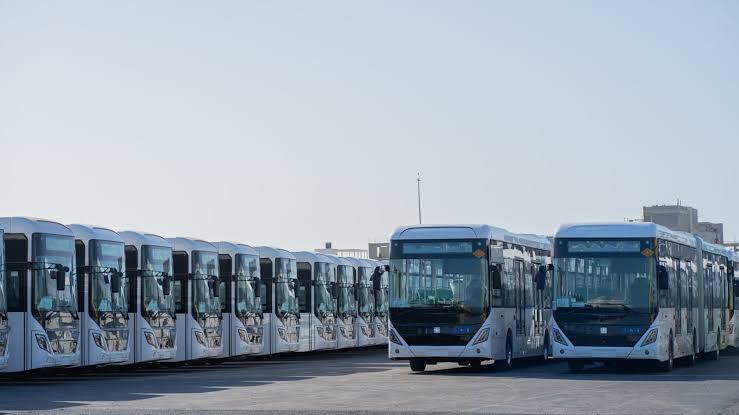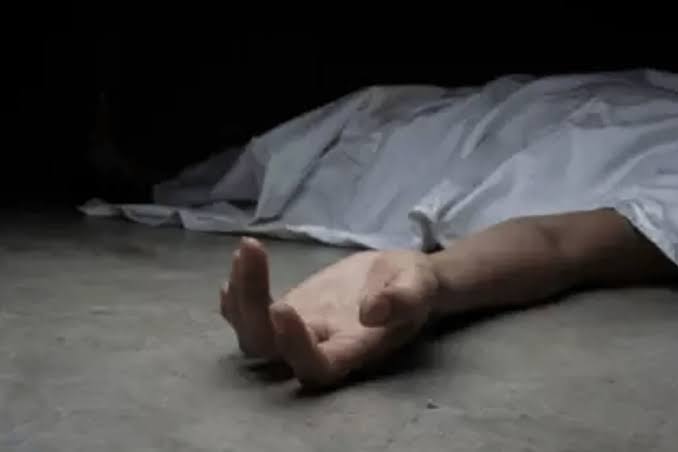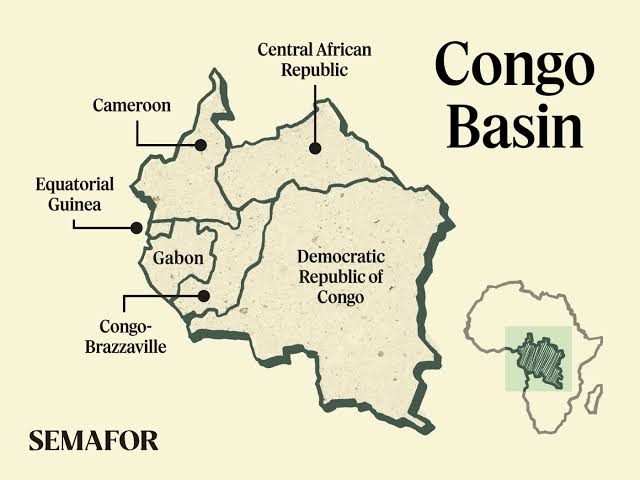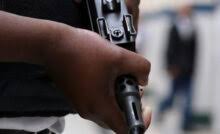VOICE AIR MEDIA, News Update
In January 2024, residents of Senegal’s capital city, Dakar, should be able to ride on Africa’s first-ever 100 per cent electric BUS Rapid Transit (BRT) buses.
On November 28, 2023, Dakar Mobilité, the private company which is under a PPP arrangement with the Senegalese government to operate the infrastructural component of the all-electric BRT network, took delivery of 121 large-capacity electric vehicles from Chinese manufacturer, CRRC.
It was gathered this information from the official website of CETUD, Dakar’s public transport regulator.
The all-electric Dakar BRT system is part of a comprehensive plan to restructure Dakar’s public transport network by 2025, as well as a key project of Senegal’s energy transition roadmap.
The 100 per cent electric BRT system which will cover 18.3 km of Dakar, is a deliberate effort of the Senegalese government to reduce atmospheric emissions and the carbon footprint associated with transport in Dakar.
According to CETUD’s website, the all-electric Dakar BRT network will help avoid an estimated 59,000 tonnes of CO2 emissions annually.
More Insights
The Dakar all-electric BRT system will link the Petersen bus station at Dakar Plateau (in the city centre) to the prefecture of Guédiawaye in the northern suburbs of Dakar – a distance of 18.3 km.
The BRT route will connect 23 stations and 14 of the city’s most densely populated districts from north to south, via four lines (one “omnibus” line and three express or semi-express lines).
The BRT system is projected to move 300,000 passengers travelling between the suburbs and the Dakar city centre every day once it becomes fully operational by the summer of 2024.
Furthermore, the Dakar all-electric BRT system is expected to improve traffic conditions and air quality, improve accessibility, and halve the travel time from one part of Dakar to the other from 90 to 45 minutes.
What you should know
The Dakar BRT project was initiated under a PPP arrangement, with Dakar Mobilité being the private sector partner and Senegal’s Ministry of Transport represented by CETUD, being the government partner.
Dakar Mobilité, owned by Meridiam (70%) and the Fonds souverain d’Investissements stratégiques du Sénégal (FONSIS), raised €135 million to fund the Dakar all-electric BRT project.
A €85.4 million loan that was provided in equal parts by Proparco and Emerging Africa Infrastructure Fund (EAIF) was used to finance the Dakar BRT equipment.
Proparco and Emerging Africa Infrastructure Fund (EAIF) also provided Dakar Mobilité with a €6.4 million loan to finance the replacement of the buses’ batteries at the end of their useful life (eight years).
The European Union and PIDG TA provided grants of €7 million and €9 million respectively as additional funds for the Dakar BRT project.
Chinese CRRC manufactured a fleet of electric BRT articulated buses. Each of the buses have a 563.8 kWh capacity battery.
Chinese CRRC is also responsible for providing the infrastructure for the 23 charging stations along the 18.3 km BRT route.
German company CarMedialab (part of INIT group) was selected to implement the charging management system.




